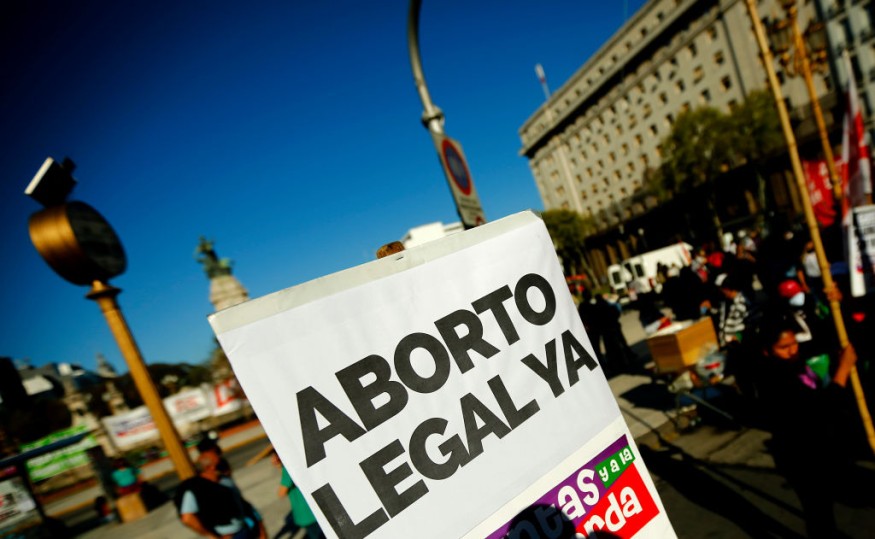Rape of 13-year-old Girl in Venezuela Sparks Debate on Legalizing Abortion

The arrest of the mother and a teacher who helped an assaulted 13-year-old girl to end her pregnancy has forced a national debate regarding the legalization of abortion in Venezuela.
Based on reports, at the age of 13, she became pregnant after she was forced out of school due to the economic crisis in the country. She was raped by a predator in the neighborhood six times, who threatened to harm her family if she spoke out about the sexual abuse.
Together with her mother, the 13-year-old pregnant girl sought a doctor, but the medical practitioner warned her that could put her life in danger. But a concerned former teacher of the girl provided pills that induced an abortion.
According to The New York Times, the 13-year-old pregnant girl, who has not been identified as she was a minor, shared that every day she prays to God that her teacher would be released and that there will be justice that would put the suspect to jail. The girl now speaks up because her teacher, Vannesa Rosales, who helped her get out of unwanted pregnancy, was in prison, facing more than ten years of imprisonment for helping her, while the accused rapist remained free of his abuse. The teacher was put behind bars as abortion is illegal in almost all circumstances in Venezuela.
The case reached to public and international press earlier this year, which has started a point of outrage for women's rights activists. The women's rights supporters say that it demonstrates how the economic and humanitarian crisis has stripped away protections for young Venezuelan women and even girls.
In addition, the decline of the country was pointed to Venezuelan President Nicolás Maduro and exacerbated by the sanctions imposed by the United States by experts. The sanctions have crippled schools, shuttered community programs, and sent millions of parents abroad, leaving vulnerable young women to predators in the neighborhood who were threatening to kill them once they speak.
Moreover, the assault on the girl and the arrest of her teacher has become a big issue in the country as activists say that it is time for Venezuela to have a serious discussion regarding the legalization of abortion. Activists pointed out that the time is now more important than ever to discuss the issue, Latino USA reported.
Root Cause
Furthermore, issues linked to abortion have unnoticing damage to the country, as it created hunger due to overpopulation and trapped women and denied them to control their body and their future.
On the other hand, the penal code of Venezuela dates back to the 1800s, which criminalizes abortion in almost all cases. The South American country punishes pregnant women lasting six months to two years who engage in abortion, while one to nearly three years for abortion providers.
The only exception is if the doctor will perform an abortion in order to save the life of a pregnant woman.
Gioconda Espina, a longtime Venezuelan women's rights activist, shared that they can ride the wave of triumph in Argentina but legalization in Venezuela is far from imminent as the country is a deeply Catholic country.
RELATED ARTICLE : Tennessee High School Student Killed In Shootout With Police
WATCH: Women across Latin America march on Women's Day - AP Archive
Subscribe to Latin Post!
Sign up for our free newsletter for the Latest coverage!

















